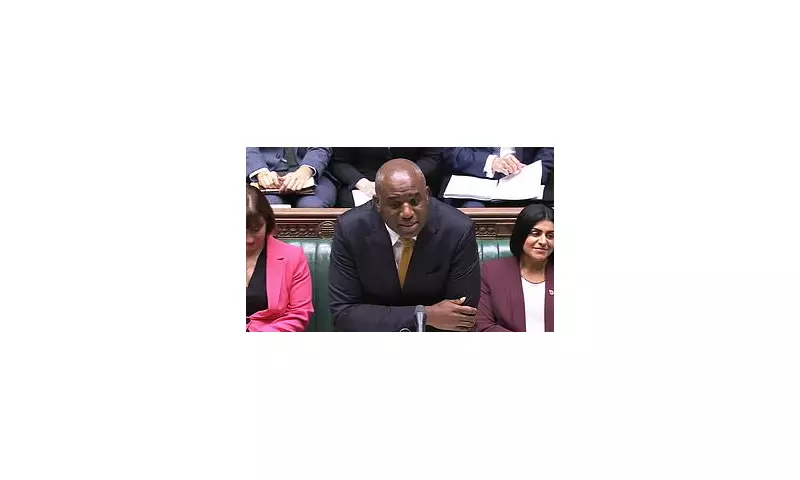
In a striking breach of parliamentary convention, Shadow Foreign Secretary David Lammy has ignited controversy by sporting a white poppy within the hallowed confines of the House of Commons chamber. The incident occurred during a deeply emotional session where MPs paid tribute to murdered colleague Sir David Amess, creating what many observers described as a jarring contrast with the solemn occasion.
A Question of Protocol and Respect
While the traditional red poppy remains the universally accepted symbol of remembrance within Parliament, Mr Lammy's choice of the white variant - often associated with pacifist movements - raised eyebrows among colleagues and veterans' groups alike. The timing proved particularly contentious, coming during proceedings honouring Sir David, who was known for his staunch support of armed forces charities.
Breaking With Tradition
Parliamentary authorities have long maintained that the red poppy represents the official position of remembrance, with the white version considered inappropriate for wear during official proceedings. Mr Lammy's decision to flout this unwritten rule has drawn criticism from across the political spectrum, with many questioning the judgement behind such a provocative gesture during such sensitive proceedings.
Emotional Context Amplifies Reaction
The controversy unfolded against the backdrop of an already emotionally charged day in Westminster. As MPs shared heartfelt memories of their murdered colleague, the visual symbolism of Mr Lammy's white poppy created what one senior Conservative described as "a needless distraction from the unity the moment demanded."
Veterans' organisations have expressed disappointment at what they perceive as a politicisation of remembrance symbolism. The Royal British Legion, while acknowledging the personal choice involved in poppy wearing, has consistently emphasised the red poppy's role as an apolitical symbol of remembrance and hope.
Broader Implications for Political Discourse
This incident raises wider questions about the balance between personal political expression and parliamentary tradition. As the shadow foreign secretary, Mr Lammy's actions carry particular weight, with critics arguing that senior frontbenchers should show greater sensitivity to established conventions, especially during moments of national reflection.
The controversy comes at a delicate time for the Labour Party, which has been working to rebuild trust with traditional supporters, including those with strong connections to the armed forces community. How the party handles this incident may have implications beyond the immediate parliamentary reaction.






